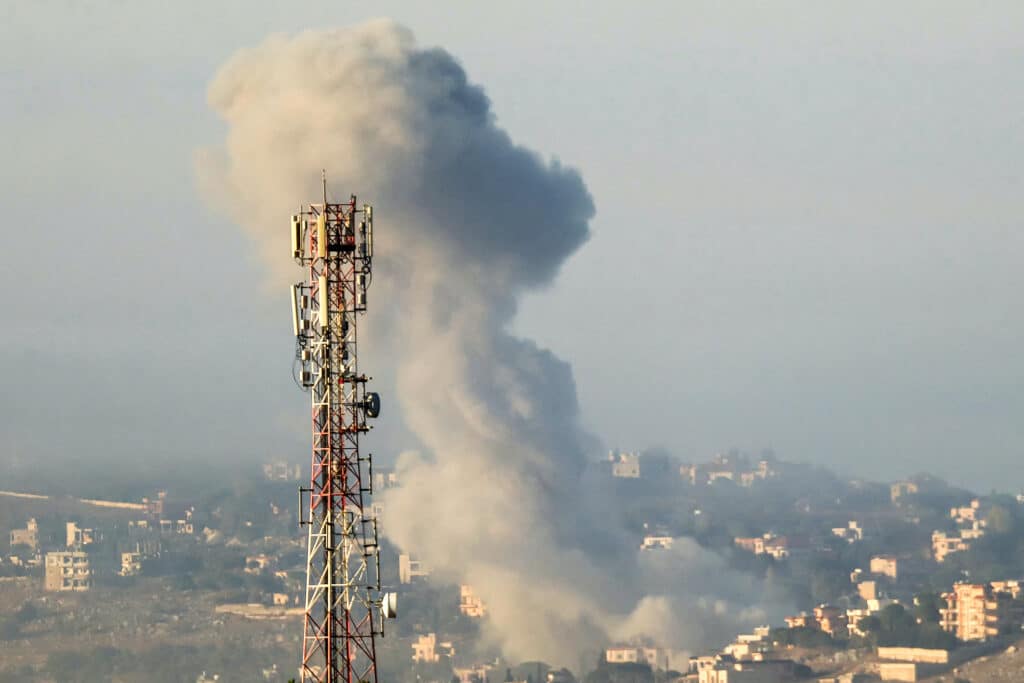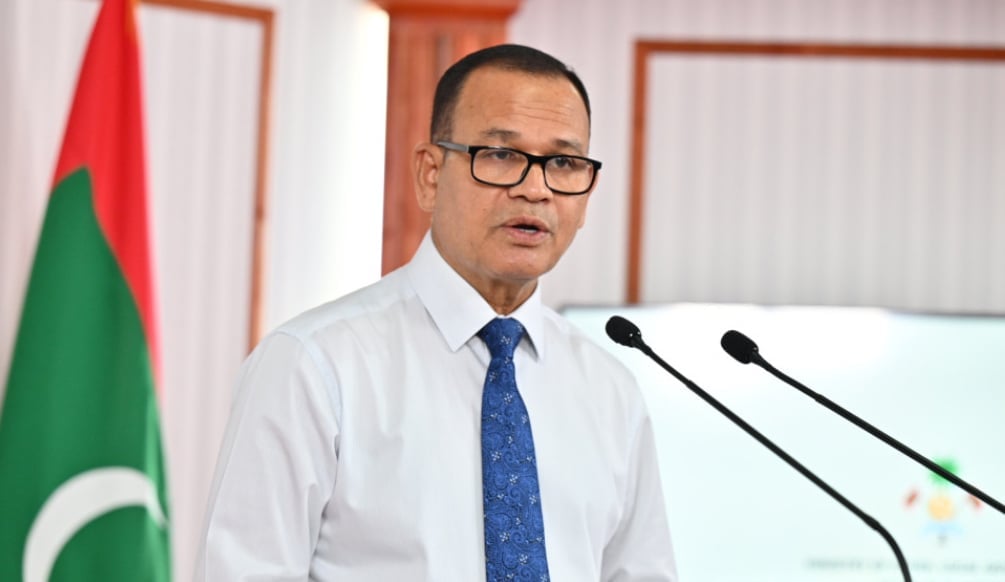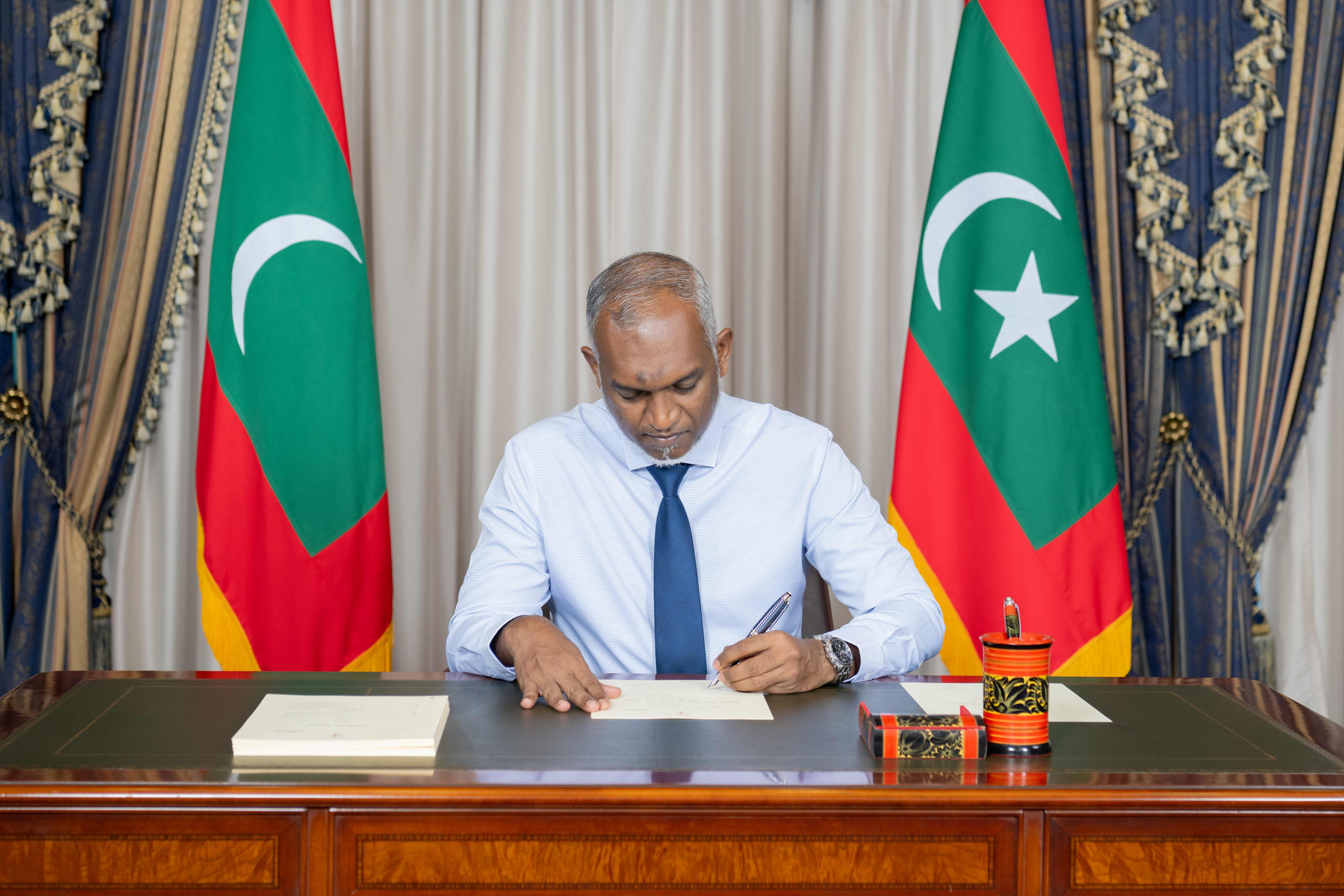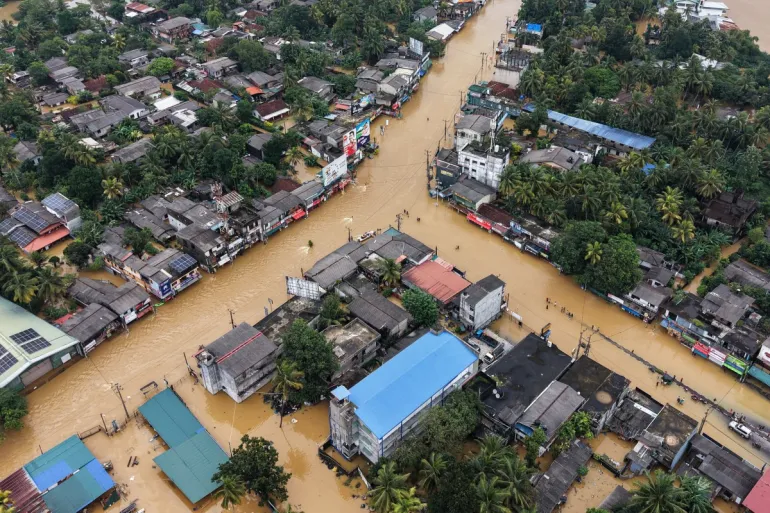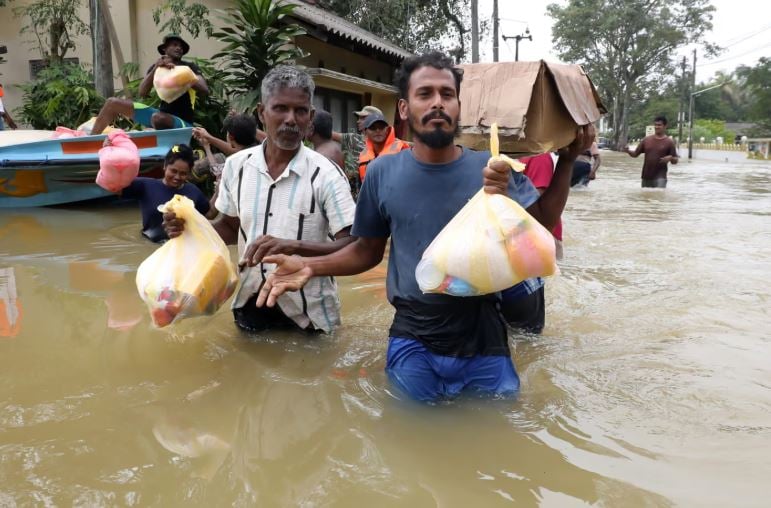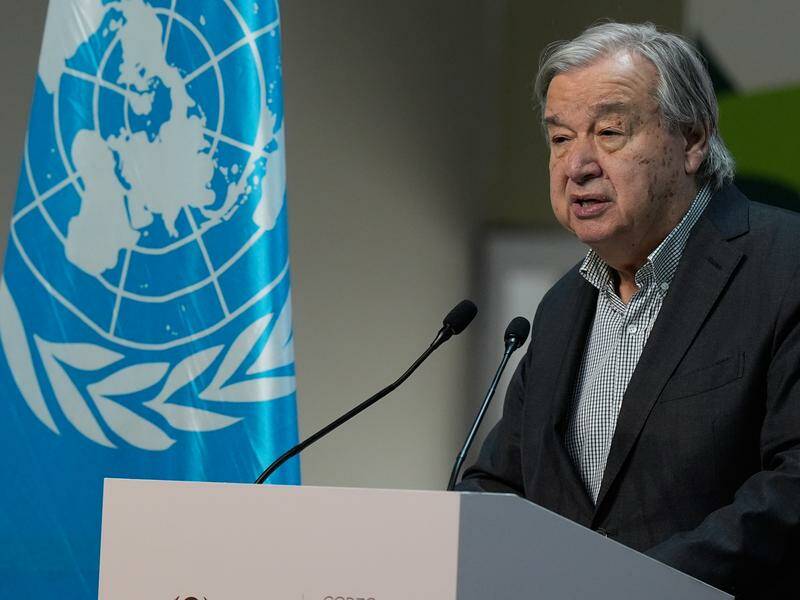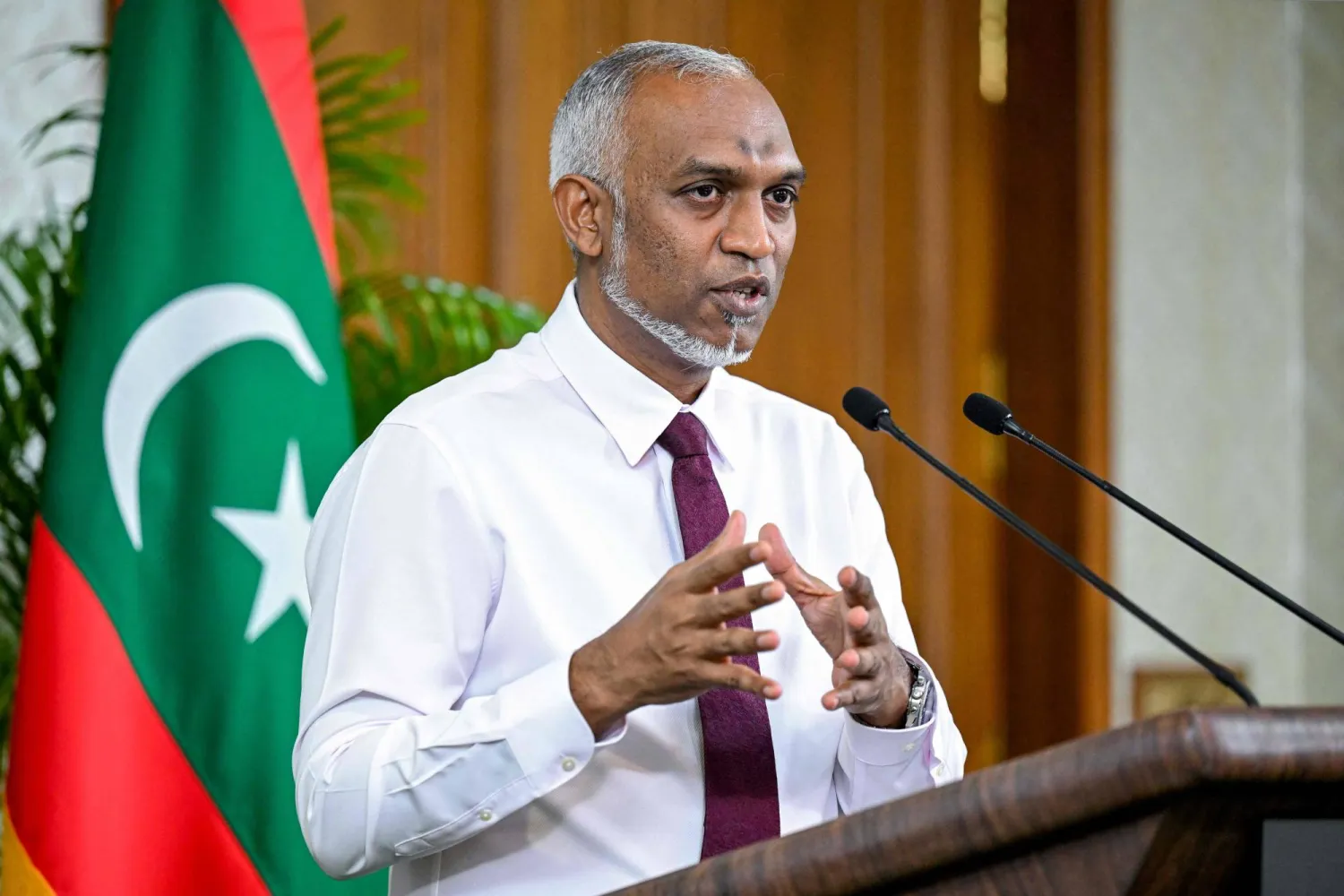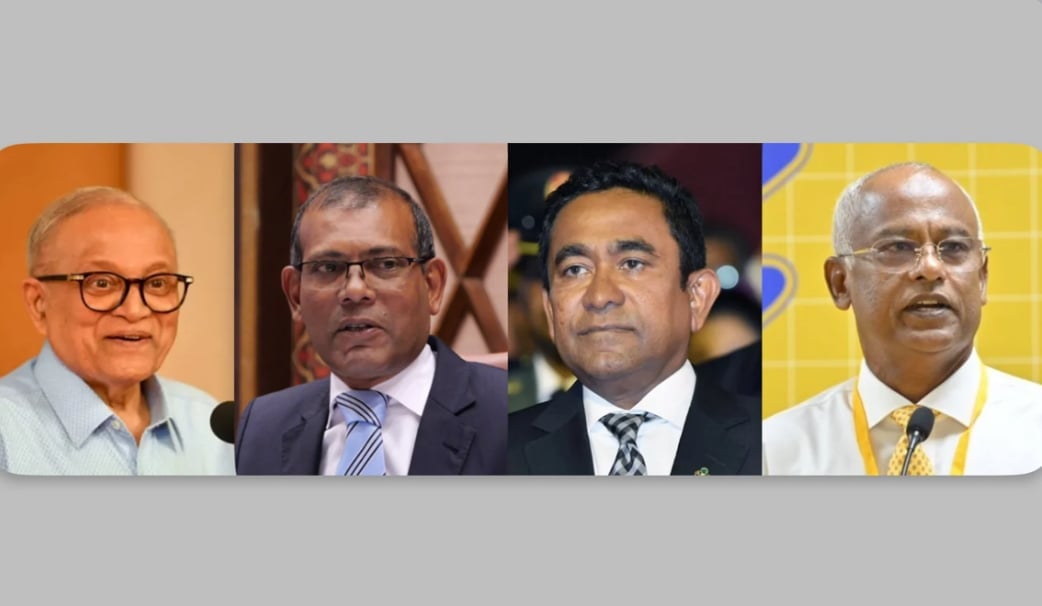Israel launched air strikes on eastern Lebanon on Tuesday, intensifying its military campaign against Hezbollah, as clashes between Israeli forces and the Iran-backed militant group continued. This escalation follows Prime Minister Benjamin Netanyahu’s pledge to target Hezbollah "mercilessly" across Lebanon, including the capital, Beirut.
The strikes come after a drone attack by Hezbollah on an Israeli base killed four soldiers and wounded 60 others on Monday. Netanyahu, during a visit to the military base near Binyamina, vowed that Israel would continue its strikes on Hezbollah as the conflict with the group intensified.
Hezbollah confirmed its fighters clashed with Israeli soldiers attempting to infiltrate the outskirts of Rab Tlatin village in eastern Lebanon on Tuesday. The group also launched missiles at Israeli troops and fired rockets into northern Israel, prompting air raid sirens near the border.
Israel’s military reported that its troops eliminated dozens of Hezbollah fighters during close-quarters combat over the past 24 hours. Israeli forces also carried out multiple air strikes in the Bekaa Valley, a Hezbollah stronghold, which forced a hospital in Baalbek city out of service, according to Lebanon’s National News Agency.
The ongoing conflict in Lebanon has claimed at least 1,315 lives, according to the Lebanese health ministry, though the actual toll is expected to be higher. The fighting has displaced hundreds of thousands of civilians and strained emergency services, with rescuers describing the situation as increasingly dire.
International organizations have expressed concern over the violence. The International Committee of the Red Cross called for the protection of medical facilities and personnel, labeling the attacks on health services “deeply worrying.” The United Nations has also raised alarms over injuries sustained by peacekeepers deployed in Lebanon.
While the conflict in Lebanon escalates, Israel continues its military operations in Gaza. The ongoing war between Israel and Hamas was triggered by a Hamas attack on southern Israel on October 7, which left over 1,200 people dead, according to Israeli officials. In response, Israel has launched a sustained air campaign in Gaza, with the health ministry in the Hamas-run territory reporting over 42,000 Palestinian deaths, mostly civilians.
Fierce fighting continues in northern Gaza, where Israeli forces have laid siege to the Jabalia area, a stronghold of Hamas fighters. Civilians in the region face extreme hardship, with reports of food, medicine, and fuel shortages. Jabalia’s Kamal Adwan Hospital has been blockaded, severely limiting the availability of medical care.
As the conflict widens, fears of a broader regional war are growing. Iran, a key backer of Hezbollah and Hamas, has been engaged in diplomatic efforts across the region, while Jordan’s King Abdullah II warned that a regional conflict would have devastating consequences for all parties involved.
With no end in sight, the international community is calling for urgent action to protect civilians, restore peace, and prevent the conflict from spiraling into a larger regional war.
The strikes come after a drone attack by Hezbollah on an Israeli base killed four soldiers and wounded 60 others on Monday. Netanyahu, during a visit to the military base near Binyamina, vowed that Israel would continue its strikes on Hezbollah as the conflict with the group intensified.
Hezbollah confirmed its fighters clashed with Israeli soldiers attempting to infiltrate the outskirts of Rab Tlatin village in eastern Lebanon on Tuesday. The group also launched missiles at Israeli troops and fired rockets into northern Israel, prompting air raid sirens near the border.
Israel’s military reported that its troops eliminated dozens of Hezbollah fighters during close-quarters combat over the past 24 hours. Israeli forces also carried out multiple air strikes in the Bekaa Valley, a Hezbollah stronghold, which forced a hospital in Baalbek city out of service, according to Lebanon’s National News Agency.
The ongoing conflict in Lebanon has claimed at least 1,315 lives, according to the Lebanese health ministry, though the actual toll is expected to be higher. The fighting has displaced hundreds of thousands of civilians and strained emergency services, with rescuers describing the situation as increasingly dire.
International organizations have expressed concern over the violence. The International Committee of the Red Cross called for the protection of medical facilities and personnel, labeling the attacks on health services “deeply worrying.” The United Nations has also raised alarms over injuries sustained by peacekeepers deployed in Lebanon.
While the conflict in Lebanon escalates, Israel continues its military operations in Gaza. The ongoing war between Israel and Hamas was triggered by a Hamas attack on southern Israel on October 7, which left over 1,200 people dead, according to Israeli officials. In response, Israel has launched a sustained air campaign in Gaza, with the health ministry in the Hamas-run territory reporting over 42,000 Palestinian deaths, mostly civilians.
Fierce fighting continues in northern Gaza, where Israeli forces have laid siege to the Jabalia area, a stronghold of Hamas fighters. Civilians in the region face extreme hardship, with reports of food, medicine, and fuel shortages. Jabalia’s Kamal Adwan Hospital has been blockaded, severely limiting the availability of medical care.
As the conflict widens, fears of a broader regional war are growing. Iran, a key backer of Hezbollah and Hamas, has been engaged in diplomatic efforts across the region, while Jordan’s King Abdullah II warned that a regional conflict would have devastating consequences for all parties involved.
With no end in sight, the international community is calling for urgent action to protect civilians, restore peace, and prevent the conflict from spiraling into a larger regional war.





